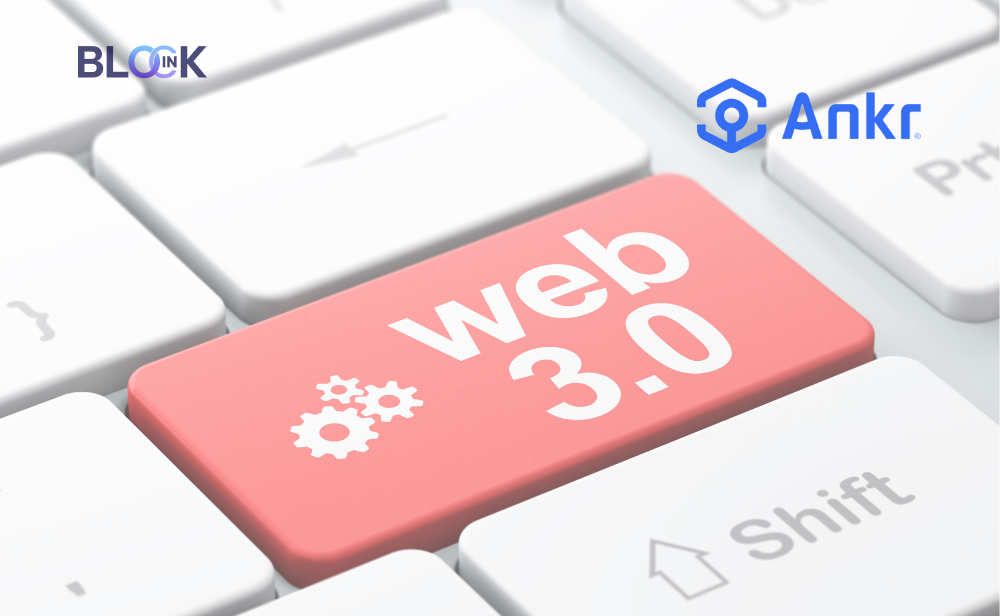
Decentralized Web3 infrastructure provider Ankr Network (ANKR) has reportedly rolled out its Ankr Network 2.0 upgrade to support the transition of blockchain into more resilient node networks.
Specifically, details related to the upgrade are reportedly included in the Ankr 2.0 Whitepaper.
The upgrade will revolve primarily around amplifying the decentralized feature of Web3 via numerous new functionalities, nominally an option to operate an independent node, the power to stake ANKR tokens on a full node, and the Ankr DAO.
“The upgrade is aimed at transitioning more blockchains, and the DApps built on them, to more distributed and resilient node networks supported by independent node providers.”
Ankr is among the major remote procedure call (RPC) endpoint providers across the crypto sphere. RPCs are vital tools in blockchain engineers’ toolkit to design decentralized apps and projects. Every time Ankr handles an RPC request, a node is required to fulfill it.
Via widening the access scope to cover independent node providers, Ankr 2.0 seeks to amp up the number of nodes and the degree of decentralization on the network, in a bid to rule out a single point of failure in the node infrastructure. This also means that rivals of Ankr may have the freedom to take part in the protocol to provide nodes.
The higher the number of nodes operating on the network, the greater ability to carry out higher RPC request volumes and prevent failed requests. Independent node operators will also start to earn ANKR rewards for the work they do in securing the network.
The upgrade will reportedly further make it possible for users to, for the first time, stake their ANKR on full nodes to secure the network and earn income. Stakers will also be entitled to a 49% share of the user fees spent on Ankr Network for their contribution.
ANKR stakers will also have voting power in the new Ankr DAO governance tool which will be used to make decisions on allocations of treasury funds, determining pricing and revenues for nodes, and choosing which blockchains to onboard.

Comments